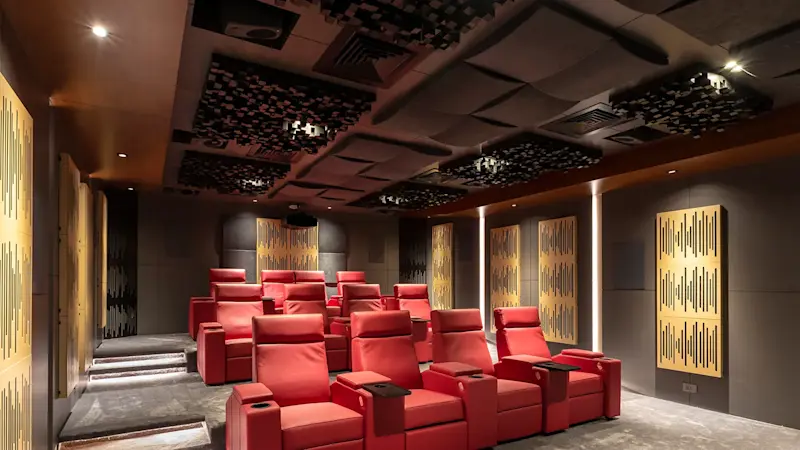Another factor I'm surprised hasn't been mentioned yet is the prospective clientele for various speaker types.
PA is going to be largely about sound output and getting the most for a specific weight, especially if it's gear used on tour. Sound quality is definitely a factor but at the same time most PA gear can be really quite rough and ready because the sound technicians will be running multiple different profiles depending where a speaker is situated and rather elaborate DSP or control panels so really accuracy is something that gets dialled in after the fact really. The buyer's for this stuff will get the sound they want through sheer graft.
Studio monitors are all about neutrality and details, except things like mix cubes or NS10's which are mainly used to see how something sounds on a lesser system. Studio monitors have the benefits of everything self contained and no faffing with amp matching etc, DSP, active crossovers etc. One of the main arguments people make against monitors over hifi speakers for casual listening is the idea monitors aren't loud enough to fill a room and have dispersion characteristics that make them unsuitable. That's pretty much all myth though as most monitors these days can get plenty loud enough and have directivity that matches or sometimes exceeds various hifi gear. Buyers for these are professionals that to be honest aren't so concerned over looks, despite modern monitors looking pretty good these days, and also aren't usually willing to be frivolous in the way a casual listener might be with hifi gear and spending for the sake of spending. To these people it's a work tool and they are educated enough to know if a company is selling them something that meets the claims of the manufacturer. And this is why some people are using monitors outside of studios and for hifi listening.
Hifi speakers are a mixed bag, some have there own sound profiles, and some are flat just like monitors but are made to be pretty or appeal to an audience via grand claims that pretty much 99% of the hifi crowd aren't knowledgeable enough to disprove and so they can be marked up at silly prices and they can be made cheaply with sloppy crossover design and components but for the majority of customers, because let's face it, even us discerning people on this type of forum are a small minority on the scheme of things. There's no need to engineer something so well like with studio monitors because average Jo Blog's who's watched a YouTube review or seen an article in some hifi publication buys into the hype completely blind hook line and sinker. And this part of the market is where people are gullible enough to believe that higher cost equals more quality. There's a reason various hifi channels and pundits like to steer people away from studio monitors, because if someone went this route it's very unlikely they would go back to hifi gear, at least with the same nievity.
